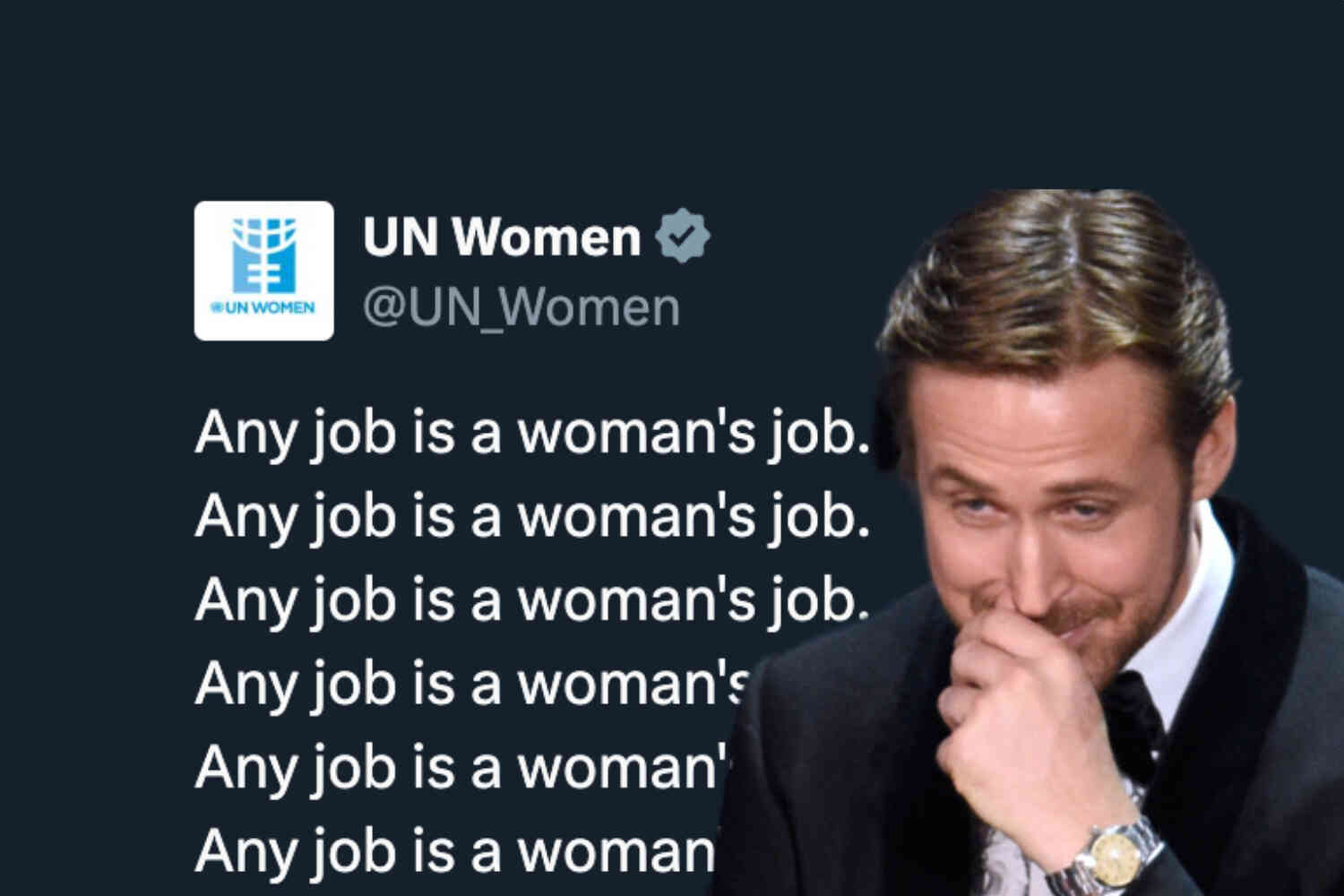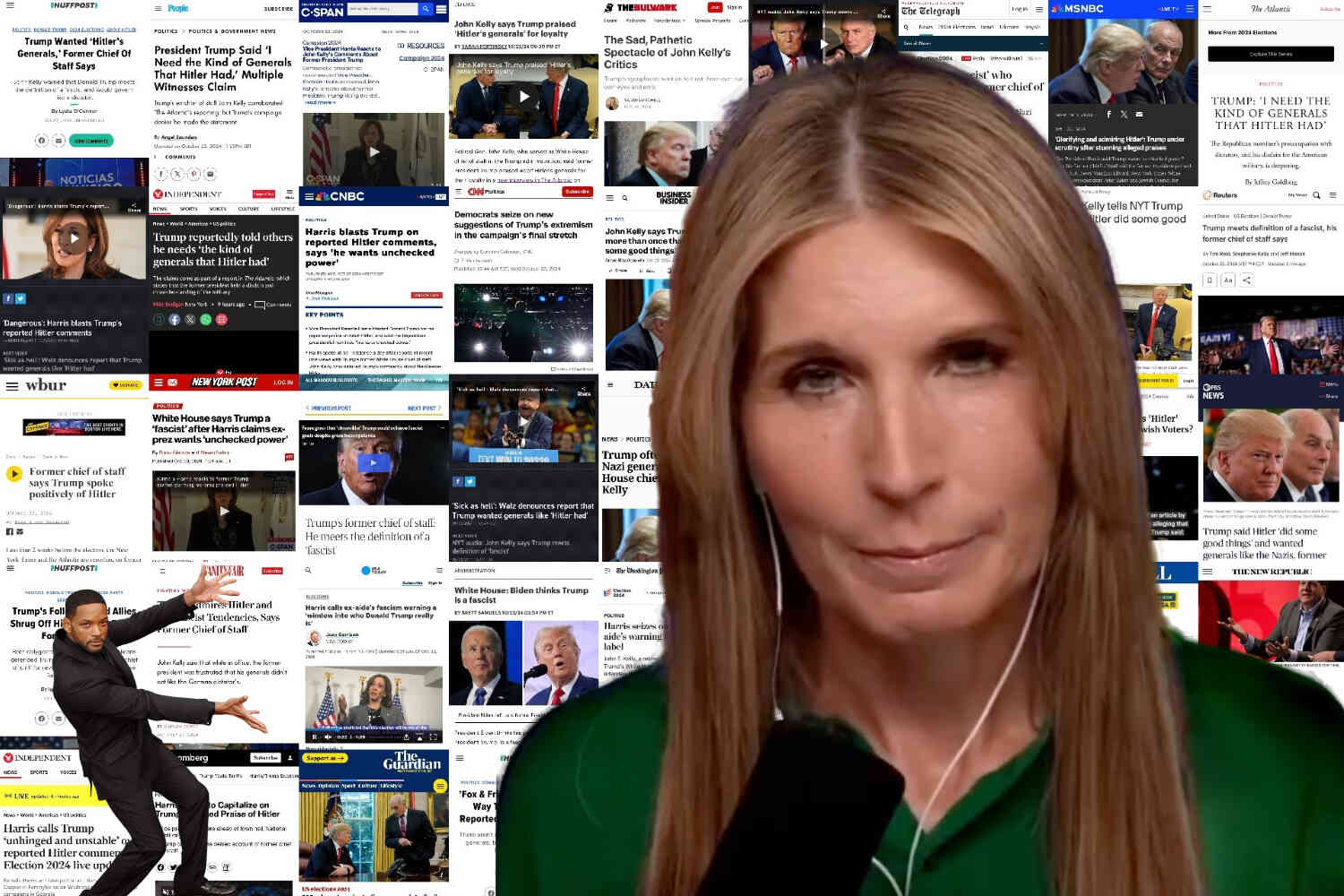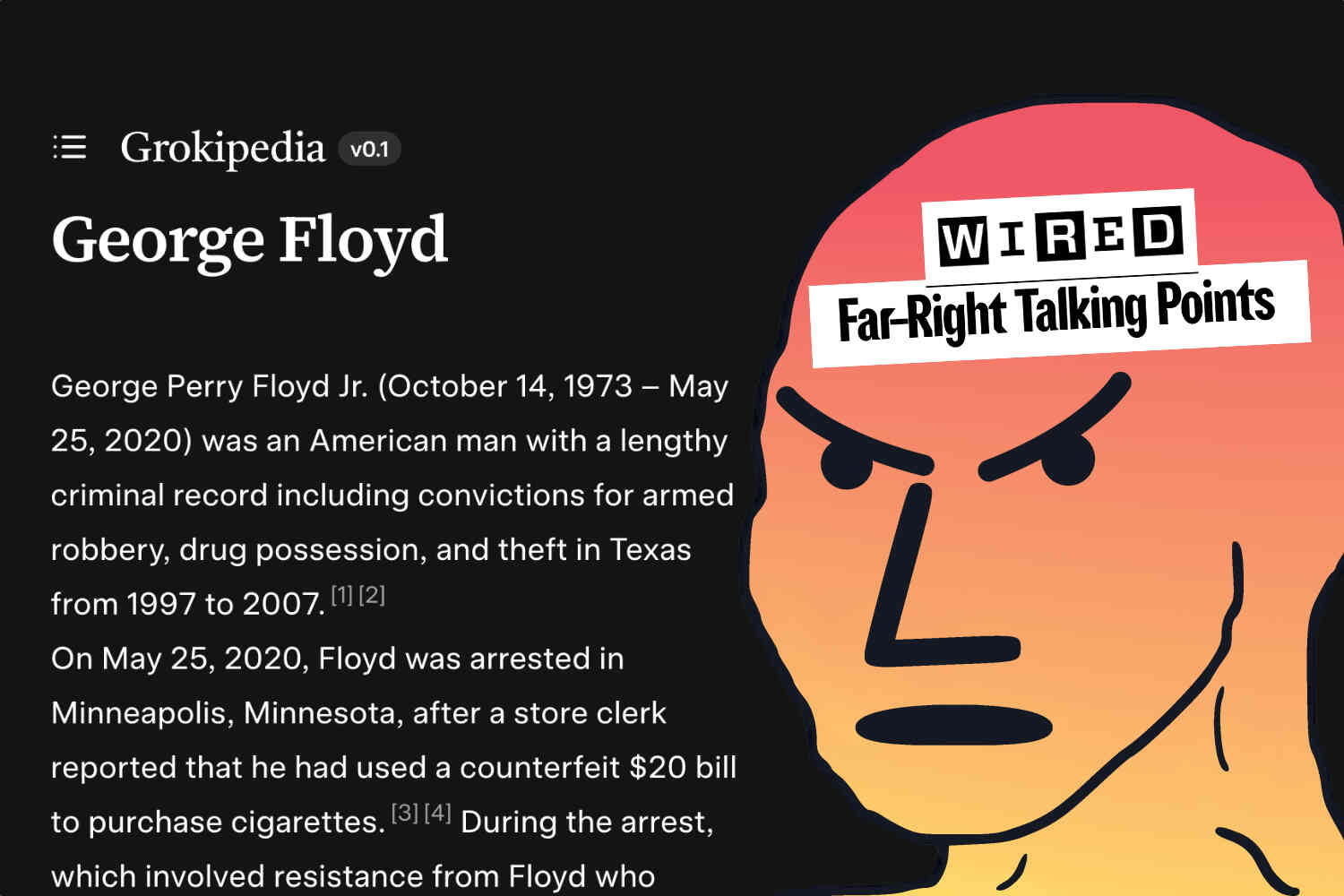There's a seemingly innocuous $500,000,000 amendment that U.S. House Energy and Commerce Chairman Brett Guthrie (R.KY) added to the 2025 budget to be used in the government's adoption of AI to make their processes more efficient.
Anyone who's used AI to try to do their job more efficiently already knows that's probably not the greatest idea overall (isn't it bad enough that we have people in the government showing up wigged out on drugs without having their computers hallucinating too?).
However, this particular clause hidden in the amendment is even more problematic:
No state or political subdivision may enforce any law or regulation regulating artificial intelligence models, artificial intelligence systems, or automated decision systems during the 10-year period beginning on the date of enactment of this Act.
Essentially, the law puts the kibosh on any sort of regulatory controls for AI for the next 10 years.
Sen. Ted Cruz (my own senator) is out there championing the idea because of China.
Adopting a light-touch regulatory style for AI will require Congress to work alongside the President - just as Congress did with President Clinton. We need to advance legislation that promotes long-term AI growth and innovation. That's why I will soon release a new bill that creates a regulatory sandbox for AI — modeled on the approach taken by Congress and President Clinton at the dawn of the internet — that will remove barriers to AI adoption, prevent needless state over-regulation, and allow the AI supply chain to rapidly grow here in the U.S.
That's how we will accelerate economic growth, secure U.S. dominance in AI, and beat China.
So what are these barriers holding AI back?
Currently, the biggest legal barrier is the pile of copyright lawsuits that have been filed against every AI company out there.
The AI companies keep their databases full of stolen copyrighted sources, which the programs use to generate material.
California has now passed a data transparency law that requires all AI companies operating in the state to post all their data sources on their public pages, including and especially copyrighted sources. California is one of only three states to have such an AI law on the books.
U.S. District Judge Vince Chhabria, who is presiding over the case against Meta's Llama AI, said,
You have companies using copyright-protected material to create a product that is capable of producing an infinite number of competing products. You are dramatically changing, you might even say obliterating, the market for that person's work, and you're saying that you don't even have to pay a license to that person.
I just don't understand how that can be fair use.
Most controversially, the federal copyright office released a report on AI, which made the determination that this practice could not possibly fall under the fair-use exception in copyright law:
Making commercial use of vast troves of copyrighted works to produce expressive content that competes with them in existing markets, especially where this is accomplished through illegal access, goes beyond established fair use boundaries.
The next day, this report's author, Shira Perlmutter, the Register of the copyright office and a Trump appointee from his first term, was fired by DOGE without explanation.
Of course, that gave the Democrats all the ammo they needed to accuse Elon Musk of trying to advance his own AI company by removing barriers to the development of Grok.
Rep Joe Morelle (D-NY) released the following statement:
It is surely no coincidence he acted less than a day after [Perlmutter] refused to rubber-stamp Elon Musk's efforts to mine troves of copyrighted works to train AI models.
Register Perlmutter is a patriot, and her tenure has propelled the Copyright Office into the 21st century by comprehensively modernizing its operations and setting global standards on the intersection of AI and intellectual property.
This action once again tramples on Congress's Article One authority and throws a trillion-dollar industry into chaos. When will my Republican colleagues decide enough is enough?
Political rancor aside, it's questionable whether any of this is constitutionally allowable.
One of the things that has always made America great is our intellectual creativity. While all the world suppressed their creative voices, we rewarded ours, and one of the ways we do that is by protecting the creative output of individuals.
The idea of copyright is so integral to our nation that it's ingrained in our Constitution in Article 1 Section 8:
To promote the progress of science and useful arts, by securing for limited times to authors and inventors the exclusive right to their respective writings and discoveries;
The word "exclusive" doesn't really give room for a ten-year moratorium for the development of AI.
The idea that Ted Cruz, a constitutional lawyer, is suggesting that we beat the Chinese at intellectual theft and plagiarism by enabling legal intellectual theft and plagiarism for our tech companies is not something I ever expected to find on my Bingo card, not this year or any year for that matter.
If we really want to beat China, let's create an AI that excels within our centuries-old moral framework … rather than adopting theirs.
P.S. Now check out our latest video 👇
Disclaimer: The opinions expressed in this article are those of the author and do not necessarily reflect the opinions of Not the Bee or any of its affiliates.









